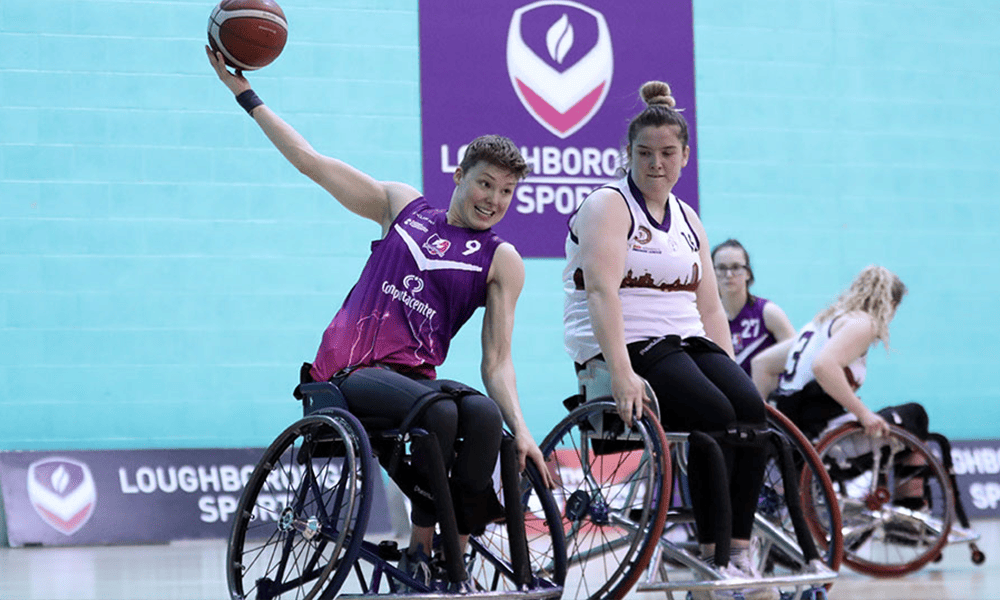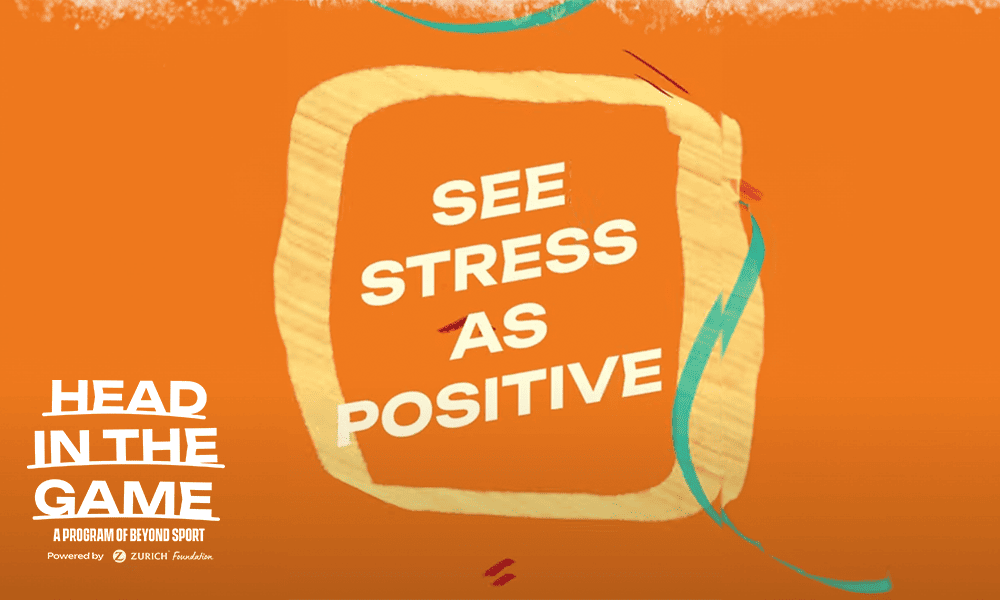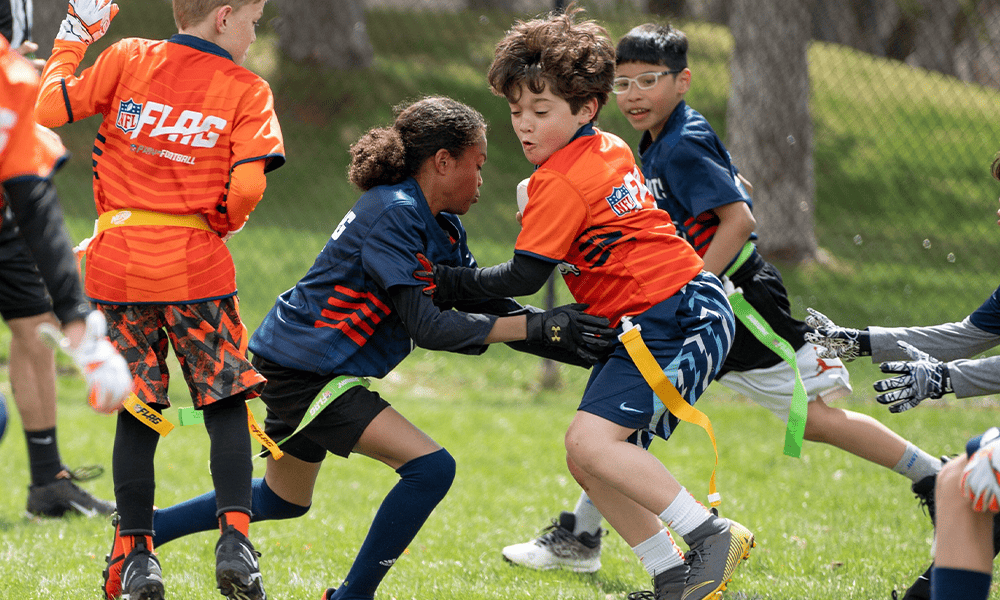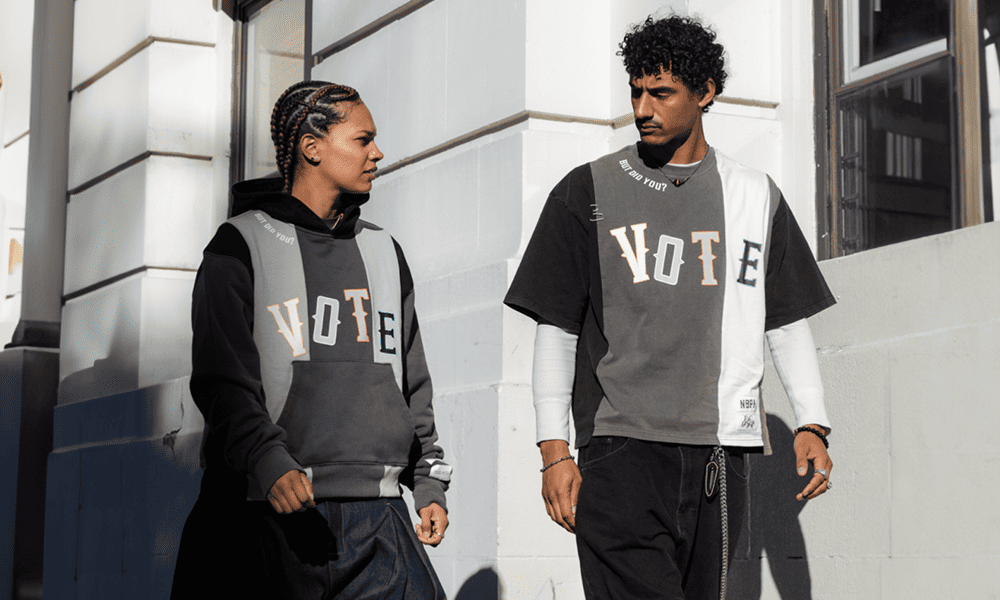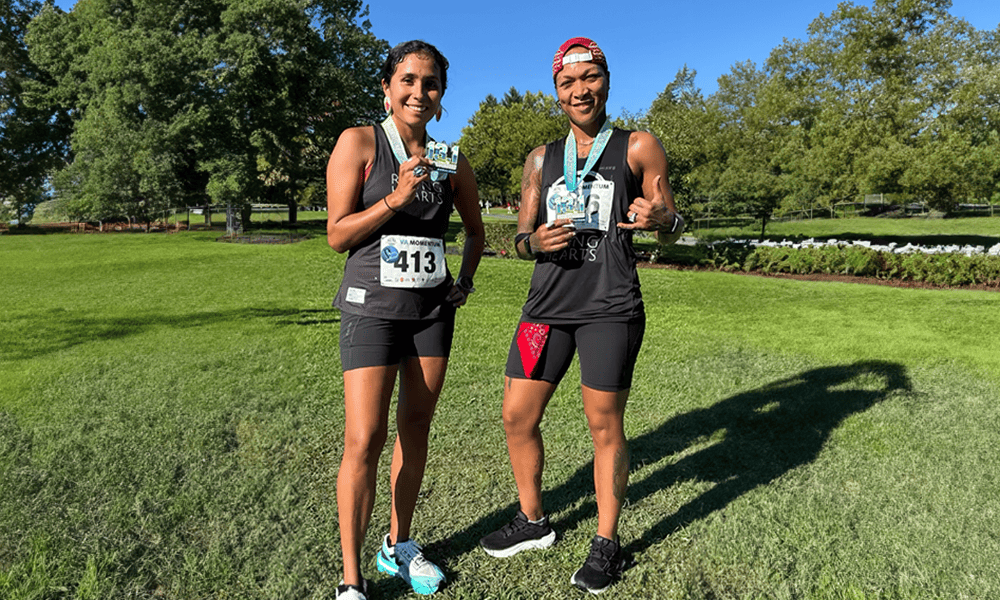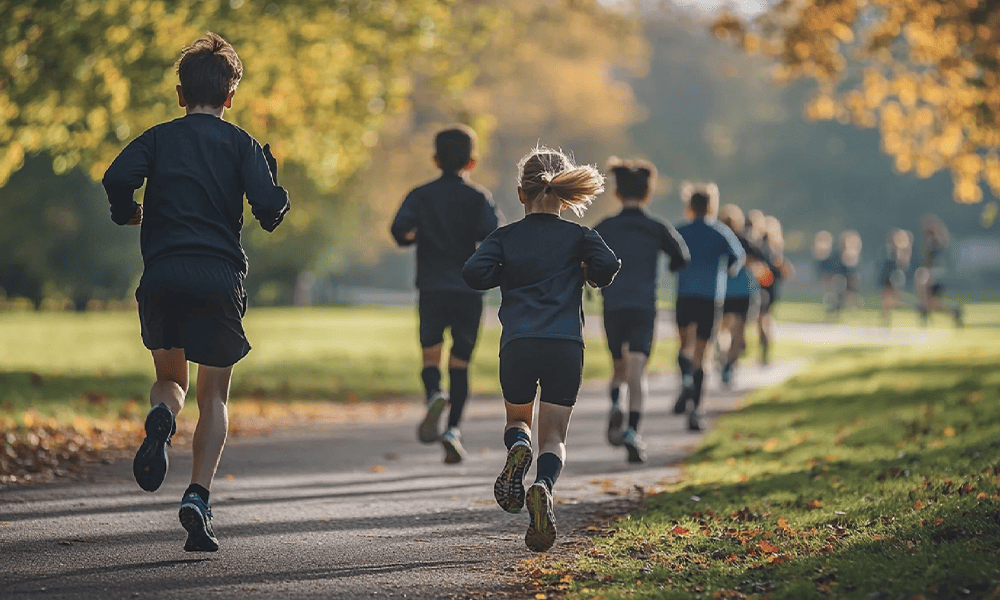October 27, 2023
This week, global sports brand Nike and body-positive brand Dove launched Body Confident Sport, a first-of-its-kind online coaching program to help build body confidence and boost self-esteem among teenage girls participating in sports around the world. The effort comes as a result of the duo’s new research, which revealed that 45% of teen girls globally drop out of sports – at twice the rate of boys – because of low body confidence.
Girls who participate in physical activity and stay with it through adolescence are more likely to have higher body confidence and experience positive health benefits. However, more than one million teenage girls who once considered themselves to be sporty, disengage from sport due to a fear of feeling judged, a lack of confidence, pressures of schoolwork and not feeling safe. To influence and change the current environment that is negatively impacting body confidence and self-esteem, Nike and Dove are targeting coaches’ unique positions to be able to positively influence girls’ perceptions of their bodies. Their study – based on 4917 teens from Brazil, Canada, Germany, Italy, Japan and the UK and the US – shows that 74% of girls say their coach was the reason they felt more confident and 61% of girls would be interested in hearing from coaches about body positivity education.
Body Confident Sport – on a mission to reach and improve confidence in one million youth globally – is a scientifically proven set of coaching tools to help 11-to-17-year-old girls feel more comfortable being active and participating in sport. It provides steps proven to have improved body-esteem and reduced self-objectification and will be delivered through a global network of organizations in schools and sports clubs.
The interactive training modules were co-developed over the course of two years in partnership with experts including the Centre for Appearance Research and the Tucker Center for Research on Girls & Women in Sport. It also includes input from nearly 5,000 girls and coaches across France, India, Japan, Mexico, the UK and the US.

The “Body Confident Athletes Program” will be taught to and delivered by a broad range of “coaches” in schools and sports clubs and even by parents, caregivers, siblings and guardians. Sessions cover topics on body talk in sports, what our bodies experience in sports and listening to our bodies. The open-source tool is available for free at bodyconfidentsport.com. Coaches will also have access to Body Confidence Coaches, an online training program for their own body confidence training.
Tennis champion Venus Williams, in partnership with Dove, and Gold Medal Olympic gymnast, Laurie Hernandez, in partnership with Nike, are helping to raise awareness of the program. “In sports, girls often face a tremendous amount of pressure – not just around performance and abilities, but also because of unrealistic expectations around their appearances. I am excited to be working with Dove on this initiative to help nurture girls’ self-belief and confidence, foster a positive environment and shift the conversation from appearance to capability. Our shared goal is to make sports a more inclusive, welcoming space for girls everywhere,” said Williams.
“We know that sports offer girls enormous benefits. Coaches and athletes alike have a collective responsibility to create inclusive spaces and positive experiences that give all girls an opportunity to discover the power of sports. Sports fuels confidence, which in turn enables girls to enjoy a lifetime of moving and playing the sports they love,” said Hernandez.
Body Confident Sport is part of Nike and Dove’s long-standing commitment to supporting women and girls and creating an equitable future on and off the field. It builds upon Nike’s worldwide effort to increase girls’ participation in play and sport and to recruit and train more representative coaches. It also contributes to Dove’s Self-Esteem Project, which has provided academically validated tools to parents, teachers, mentors and kids for nearly two decades, with a goal of reaching 250 million youth by 2030.
Source: Dove
